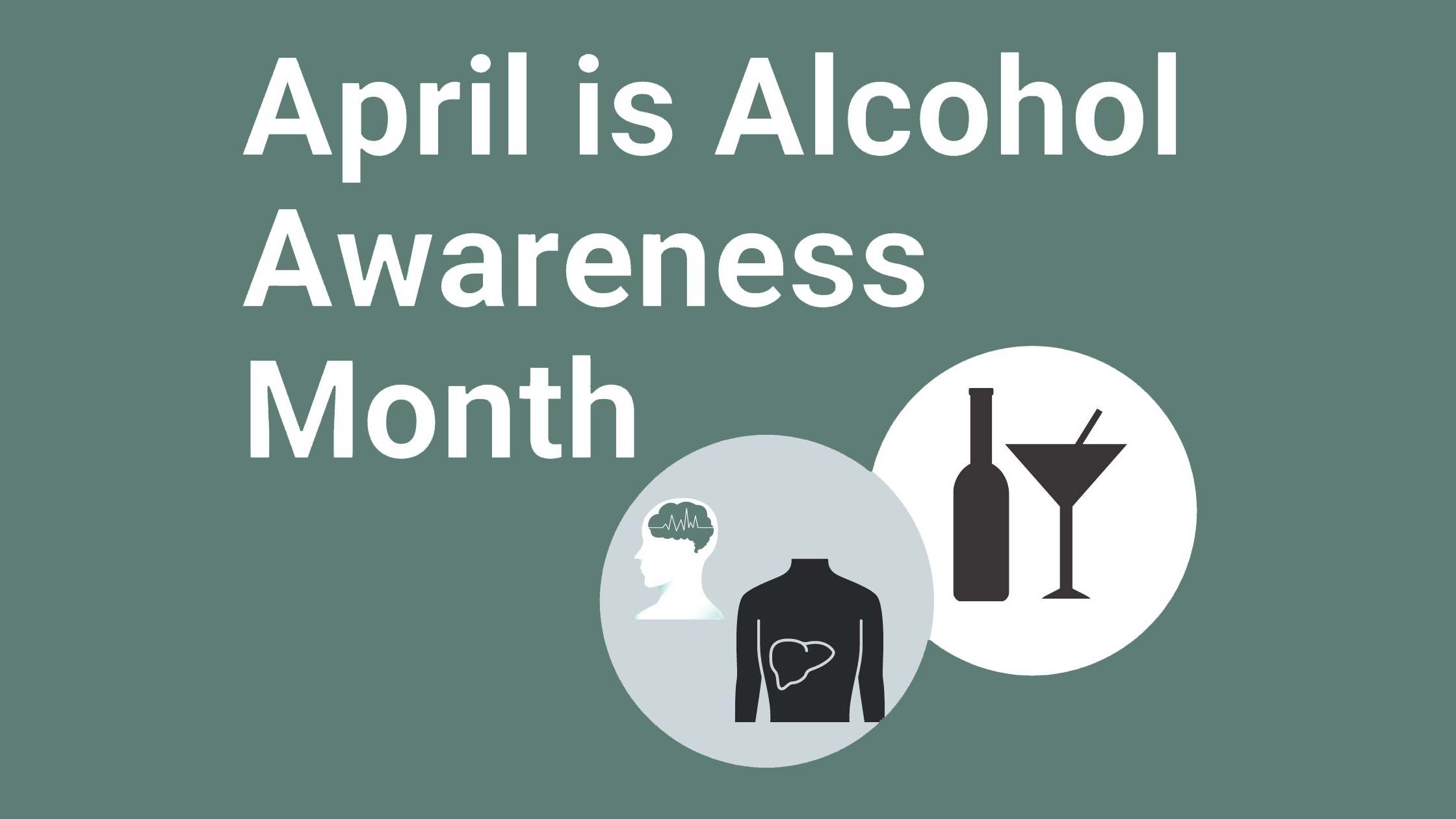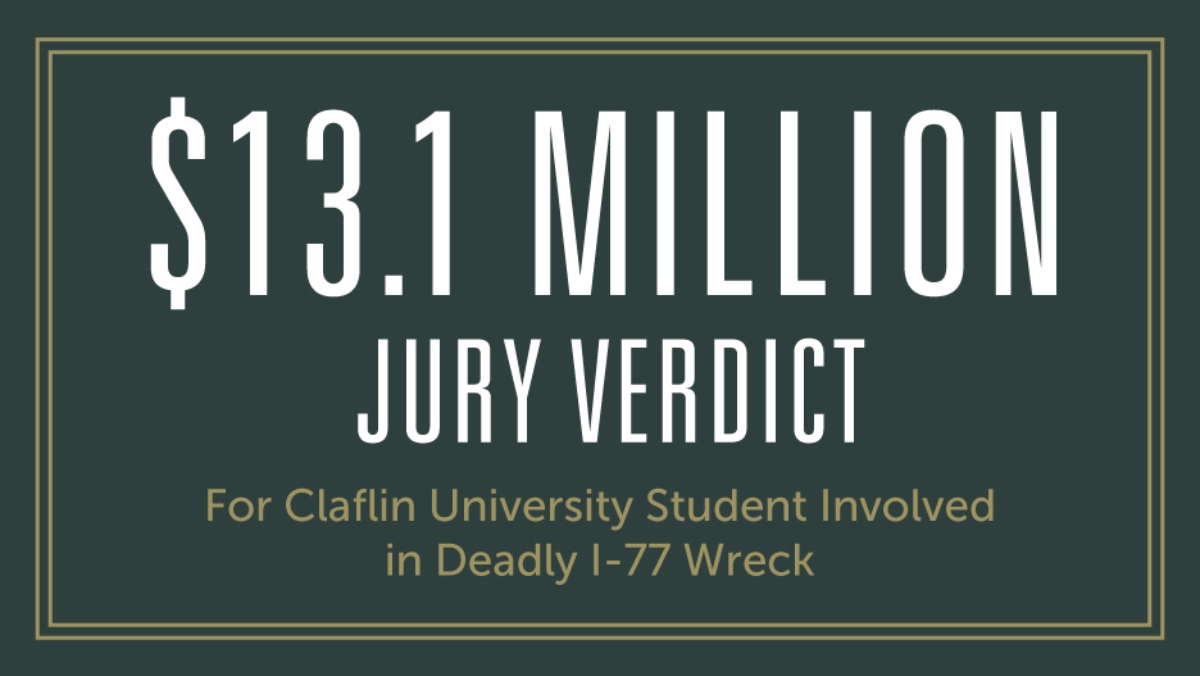Yarborough Applegate, along with co-counsel Brett Woron, recently settled a $1.625M Dram Shop case on behalf of Clint Cobb’s family, a man from Columbia who was killed after being ejected from a vehicle while in the car with an intoxicated driver.
Just over two years ago, Cobb was a passenger in a vehicle driven by Thomas Alexander. During the accident, their car left the roadway, hit an embankment, and flipped several times. The driver suffered minor injuries, while Cobb was ejected from the vehicle and later died. Prior to that deadly crash, Cobb and Alexander visited two Columbia, South Carolina bars, first stopping at Gator’s before moving onto the Hazelwood Party Shop for their second and final stop. After collecting all available automobile liability and UIM limits (including the limits of all bodily injury and property damage coverage), the Plaintiffs’ Estate filed a Dram Shop case against the two bars that Cobb and Alexander visited.
Civil Dram Shop liability for commercial providers of alcohol like Hazelwood and Gator’s arises from a causative violation of the applicable criminal alcohol control statutes which give way to a negligence claim. The criminal alcohol control statutes in this area of the law are commonly referred to as the “Dram Shop” statutes. In this case, the applicable statutes Plaintiffs contend were violated by Gator’s and Hazelwood Party Shop both prohibit the sale of alcohol to an intoxicated person.
A plaintiff can prove a violation of Dram Shop statutes by showing that the defendant knew or should have known that the patron was intoxicated at the time of service. Further, the South Carolina Supreme Court has made clear that a plaintiff does not have to show an intoxicated person’s visible intoxication to show a violation of the statute. With regard to the second bar, Hazelwoods, this was not an issue as its surveillance video showed an extremely intoxicated Alexander stumble out of the bar and down the sidewalk after being escorted out by a bartender after 4:00am. This evidence clearly contradicted Hazelwood’s position that Alexander was only served one and a half ounces of whiskey mixed with ginger ale in his nearly three hour visit to the bar. After Alexander stumbled his way to the Hazelwood parking lot, video shows his headlights turning on and his car leaving, shortly before Cobb was ejected from the vehicle and killed. View that surveillance video below.
According to one witness, Hazelwood was known as a “drug bar” and according to Hazelwood’s bartender, it was the bar owner’s standard practice “to stay open all night”. Hazelwood’s bartender openly admitted to serving intoxicated customers – the very conduct upon which Dram Shop law in South Carolina is based – and then she advertised the conduct to the public via social media. In the bartender’s deposition (below), she stated: “I throw a party. That’s what I do. That’s how I make money.”
We have never seen a Dram Shop case bartender admit to regularly violating the cardinal rule that establishes liability (serving intoxicated patrons), but also take the position that violating this rule is actually a purpose the bar serves. We find this to be truly incredible testimony. Not long after deposing Hazelwood’s bartender, they tendered their $1,000,000 policy limits in response to our policy limits demand.
The case against Gator’s, the first stop of the night, was made somewhat more difficult as the video surveillance was not preserved, despite the owner being personally served with a spoliation letter. And, the Gator’s bartender testified that Alexander was only served three shots of liquor while at the bar for approximately two hours. The two bars defended the case by asserting Alexander was only served a total of four drinks over a period of five hours: three shots at Gator’s and one mixed drink at Hazelwood. However, Alexander’s 0.168% BAL at 5:20am, according to former SLED Toxicologist, Dr. David Eagerton, meant that Alexander would have had to have consumed a minimum of 18 drinks over that time frame. This evidence, together with the spoliation issue at Gator’s, credit card receipts from the bar, and witness testimony regarding alcohol service to Alexander, helped us recover against Gator’s as well.
Thank you to Lawyers Weekly for their recent coverage of this settlement.







